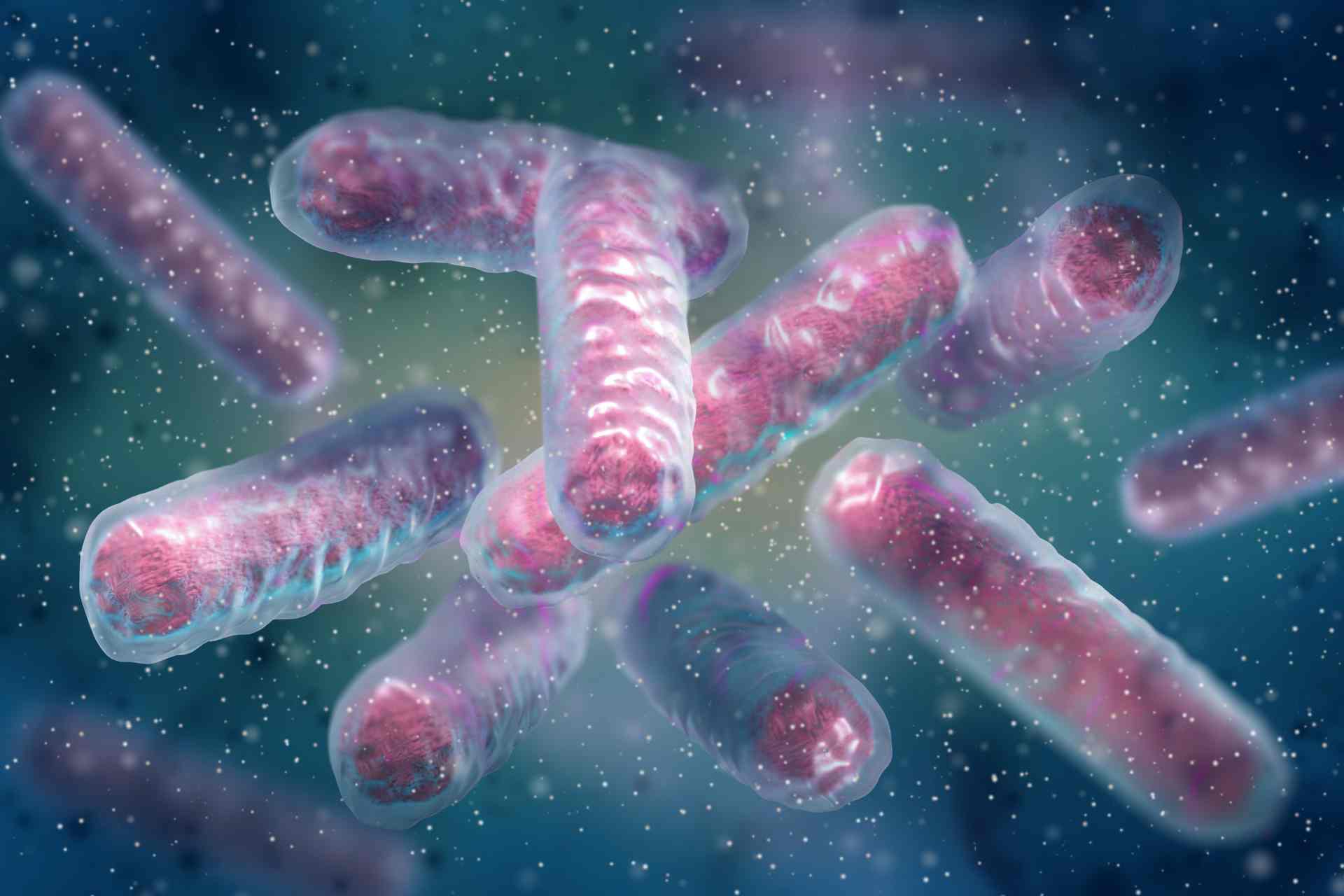What is already known
Being overweight can lead to cardiovascular disease, impaired immune systems and, in some cases, a greater risk of developing cancer. However, the link between obesity and viral infection remains cloudy.
What this research adds
Researchers fed mice a high-fat diet to make them obese. Then, they infected the animals with herpes simplex virus 2, which only causes genital infections in humans but can kill mice in a matter of weeks. Half of the obese mice survived the infection, whereas control mice fed a lean diet died, the researchers found. Obese mice also cleared the virus from their genital mucosa faster than controls. The vaginal mucosa of obese mice contained higher levels of a rare type of immune cell and of gut bacteria such as Escherichia coli compared to that of lean mice. Colonizing the vagina of lean mice with E. coli resulted in viral clearance and eased symptoms of herpes infection.
Conclusions
The findings suggest that obesity-induced changes in the vaginal microbiota can affect the immune responses against viral infection. They also highlight the role of the microbiota in fighting off infections.
Genital herpes affects more than 11% of people aged 15 to 49, and is associated with a higher susceptibility to HIV. A new study done in mice suggests that obesity-induced changes in the vaginal microbiota can affect the immune responses against infection with herpes virus.
The findings, published in Cell Reports, highlight the role of the microbiota in fighting off infections.
Scientists have known that obesity can lead to cardiovascular disease, impaired immune systems and, in some cases, a greater risk of developing cancer. But the link between obesity and viral infection remains cloudy. Previous studies showed that herpes simplex virus 2, which only causes genital infections in humans, can kill mice in a matter of weeks. “Obesity is expected to be a risk factor for genital herpes because it impairs immunity,” the researchers say. However, they add, “whether and how obesity affects genital herpes is not clear.”
To address this question, Heung Kyu Lee at the Korea Advanced Institute of Science and Technology and his colleagues fed mice a high-fat diet to make them obese. Then, they infected the animals with herpes simplex virus 2.
Immune response
Three weeks after the infection, half of the obese mice survived, whereas control mice fed a lean diet died, the researchers found. Obese mice also cleared the virus from their genital mucosa faster than controls.
The team discovered that the vaginal mucosa of obese mice contained higher levels of a rare type of immune cell called γδ T cells, which are considered cytotoxic and anti-tumor white blood cells.
When the researchers inhibited these cells, the obese mice lost their ability to fight off the virus. However, the treatment had no effects on control mice.
Bacteria translocation
The team found that the vaginal microbiota of obese had higher level of gut bacteria such as Escherichia coli compared to that of lean mice. Colonizing the vagina of lean mice with E. coli resulted in viral clearance and eased symptoms of herpes infection.
On the other hand, using antibiotics to remove the vaginal microbiota of obese mice decreased the animals’ survival, the researchers found.
The results suggest that obesity can promote the translocation of gut bacteria to the genital tract, where they influence the levels of γδ T cells, thus increasing the mice’s chances of survival after infection.
Although the study indicates that obesity may play a beneficial role during viral infection, more work is needed to assess whether its findings also apply to humans.











